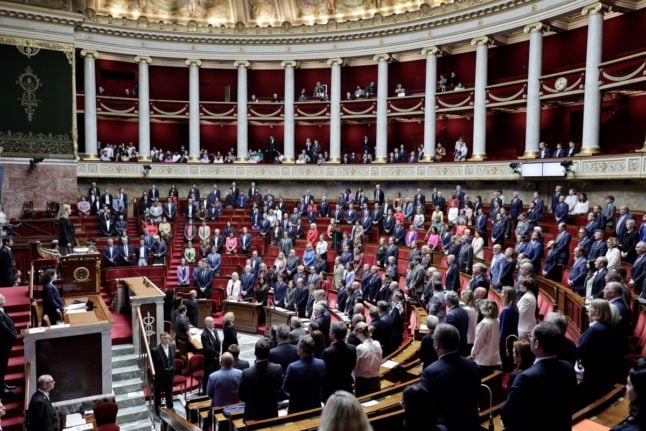The French leader made the announcement via video at the Global Citizen Festival in New York’s Central Park, where artists including Lauryn Hill and the Red Hot Chili Peppers are slated to perform Saturday night.
The Global Citizen event, which has been staged since 2012 as world leaders gather in New York for the UN General Assembly, offers free tickets to supporters who pledge to take actions such as sending letters to their governments urging development aid.
Thousands of people had gathered by Saturday afternoon at the famed park stage in Manhattan despite a chill in the air and persistent rain.
“We have to fight together against poverty, climate change and for biodiversity,” Macron said. “This is why we want to take our part as well.”
The Rome-headquartered IFAD is an arm of the United Nations aimed at addressing poverty and hunger in rural areas of developing countries.
Global Citizen welcomed Macron’s commitment in a statement, adding that “much more needs to be done to provide crucial support to millions of smallholder farmers around the world, who produce 70 percent of food in low and middle-income countries.”
The institution urged governments to double their climate adaptation funding, and make sure IFAD reaches its funding target of $2 billion by the end of 2023.
Along with Macron, they said Norway had pledged $90 million to IFAD.
In addition to the night’s headliners Jungkook of BTS fame and Brazil’s Anitta are expected to perform.



 Please whitelist us to continue reading.
Please whitelist us to continue reading.
Member comments